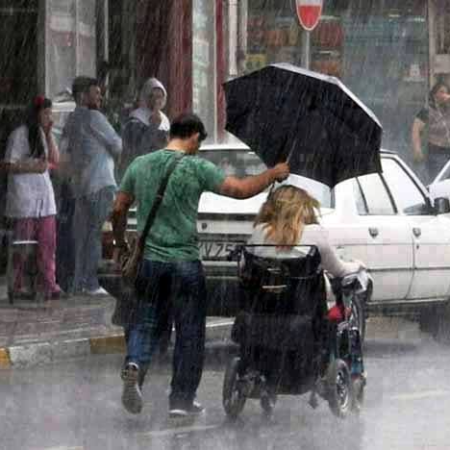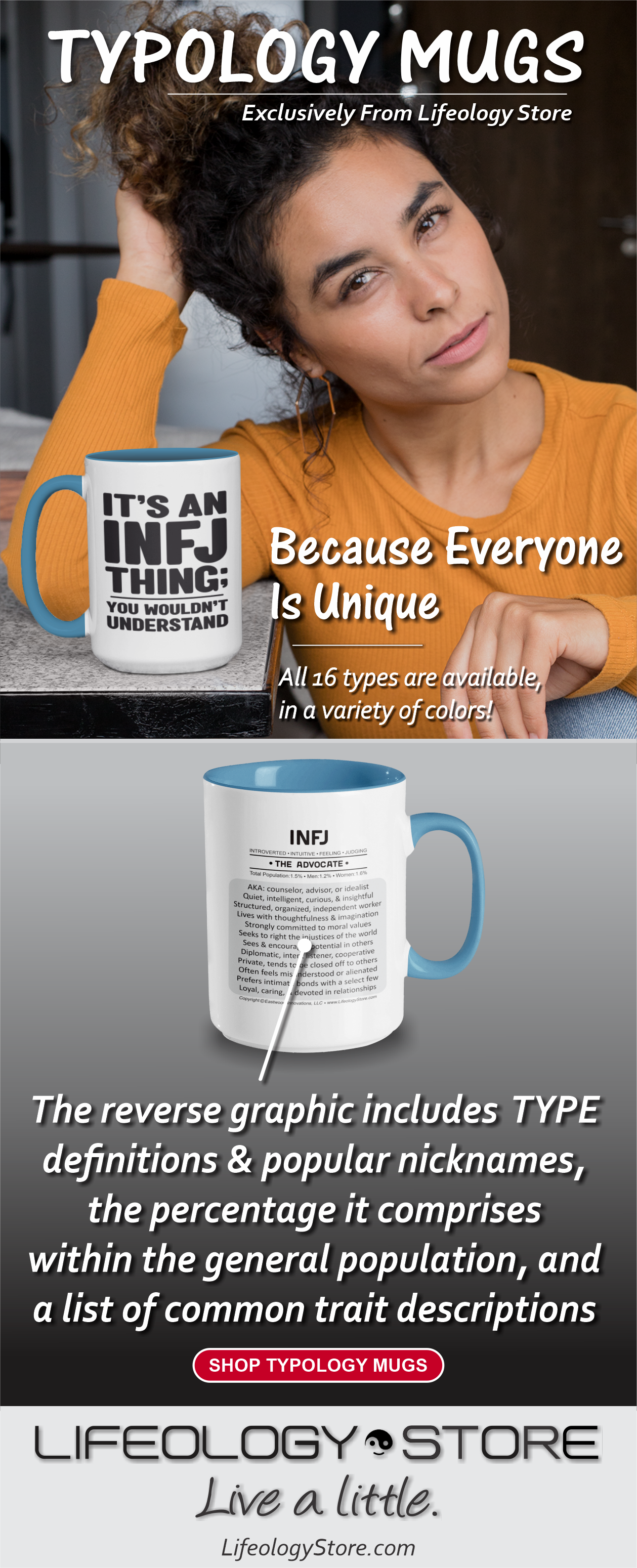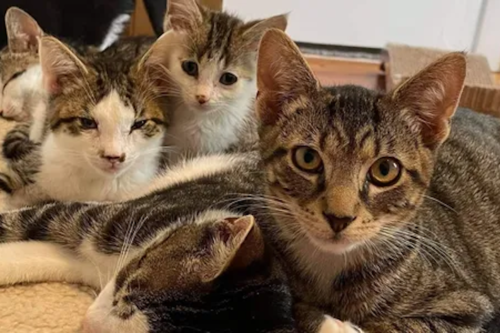The other day, the fentanyl issue came up in a conversation with my co-worker, and I deemed it “another consequence of the war on drugs”…and he just stared at me, perplexed.
So I explained to him how prescription & OTC drugs aren’t being found laced with fentanyl…only illicit drugs, i.e., black market drugs, are. And that the black market for drugs is created by government prohibition, just like every other black market. When the government bans something that people want, a black market is spawned, which is unregulated with no accountability or liability, much more dangerous and costly, and even helps to facilitate other criminal activity.
Shortly thereafter, I came across an article entitled No, Biden’s Immigration Policies Are Not to Blame for the Fentanyl Crisis, published by the The Cato Institute, which provided actual stats and data which support my explanation to my co-worker, in the context of the illicit drug trade vs illegal immigration:
• Legal travelers smuggle nearly all fentanyl into the country
• Only an estimated 2% of hard drugs entering the country at legal crossing points are seized, as compared to 80% apprehension of people crossing illegally
• 90% of the fentanyl entering the US from Mexico was discovered at legal entry points or interior vehicle checkpoints
• 86% percent of fentanyl trafficking convictions were of U.S. citizens, not illegal immigrants
The article goes on:
You might think that maybe what we need is to restrict both legal and illegal crossings. That’s exactly what occurred during the pandemic in 2020 and 2021. The government banned asylum seekers, expelled illegal crossers to Mexico and restricted legal entries only to “essential” travelers. Biden kept the travel restriction until this year, and expulsions to Mexico continue.
Yet that didn’t improve the overdose crisis. Instead, cartels quickly switched from smuggling heroin to the far more dangerous fentanyl, allowing traffickers to supply the same illicit market with far fewer crossings. In those years, fentanyl’s share of the combined heroin‐fentanyl border seizures increased from one‐third before the pandemic to 90 percent. Fentanyl overdose deaths nearly doubled from 2019 to 2021.
The harsher the crackdown, the more smugglers shift to more potent, easier‐to‐conceal drugs, such as fentanyl.
This is similar to the unintended consequences of the crackdown on prescription painkillers. Non‐medical users who relied on stolen or diverted pills did not stop using opioids as a result of the crackdown; they switched to the more dangerous heroin. Meanwhile, genuine pain patients suffered immensely.
Fentanyl is entering the United States because consumers—almost all of them U.S. citizens—are willing to pay for illicit opioids. As long as there is demand, supply will follow. That’s the lesson of the past century of prohibition—first of alcohol, then of drugs.”
“Drug prohibition makes non‐medical use dangerous and deadly.”
The article then summarizes:
“Politicians first blamed the drug overdose crisis on physicians and drug companies. Now, they are blaming the problem on immigrants. They’ve blamed everyone but the true culprits: themselves. This November is voters’ next opportunity to hold both parties accountable.”
(Read the entire article here).
In addition, Reason Magazine recently published an article entitled No, the U.S. Shouldn’t Wage War Against Mexican Cartels, wherein the same causation is conveyed:
• Combining the war on drugs with the war on terror is a recipe for an expensive and ineffective mess of foreign engagement
• Plan Colombia’s anti-narcotics program was a failure: by 2006, coca cultivation and cocaine production levels had increased by about 15% and 4% respectively. In 2019, there were more hectares cultivated with coca leaf in Colombia than two decades earlier
• American counternarcotics efforts yielded similarly bad results in Afghanistan: The U.S. spent about $9 billion to tackle Afghanistan’s opium and heroin production, but by 2018, Afghan farmers were growing poppies on four times as much land as they were in 2002. Operation Iron Tempest, meant to cripple Afghanistan’s opium production labs, folded within a year
• The war on drugs has helped turn Latin America into the most violent region in the world. Criminalization has led to the proliferation of black market activity, and also contributed to a huge number of homicides: At least half of the violent deaths in Colombia, El Salvador, Honduras, Mexico, and Venezuela are estimated to be drug-related
• It starts with bipartisan support for prohibition, which creates a black market where the quality and potency of drugs are highly variable and unpredictable
• Stopping the supply of drugs into the country is an impossible task, as decades of prohibition has demonstrated
(Read the entire article here).
And if all this weren’t enough, there are plenty of stories out there about how, in the Prohibition era, thousands died from toxic bootleg (black market) alcohol, as well as from the government poisoning bootleg alcohol as a Prohibition enforcement measure.
But apparently, the lesson was not learned…and history once again repeats.
So when it comes to today’s fentanyl crises, don’t blame immigration; don’t blame China; blame the black market for drugs, and its ultimate causation: the government’s war on drugs.
Subscribe to INSIGHTS Blog on Substack • Like/Follow INSIGHTS Blog on Facebook
Visit Lifeology Store • Like/Follow Lifeology Store on Facebook • View Rand’s Books on Amazon
A Note To Readers:
If you found this article (or any of the others, for that matter) interesting, informative, entertaining, etc., please consider subscribing to the INSIGHTS email newsletter: simply enter your email into the form below (also in the right sidebar)—or, if you prefer, just use this simple quick sign-up form. (Bonus: INSIGHTS subscribers receive a 20% discount at Lifeology Store, at checkout simply enter the discount code included in the welcome email upon subscribing!)
↓↓↓ Also, please hit the “Like” (thumbs up) button below. Thanks! ~ Rand

















